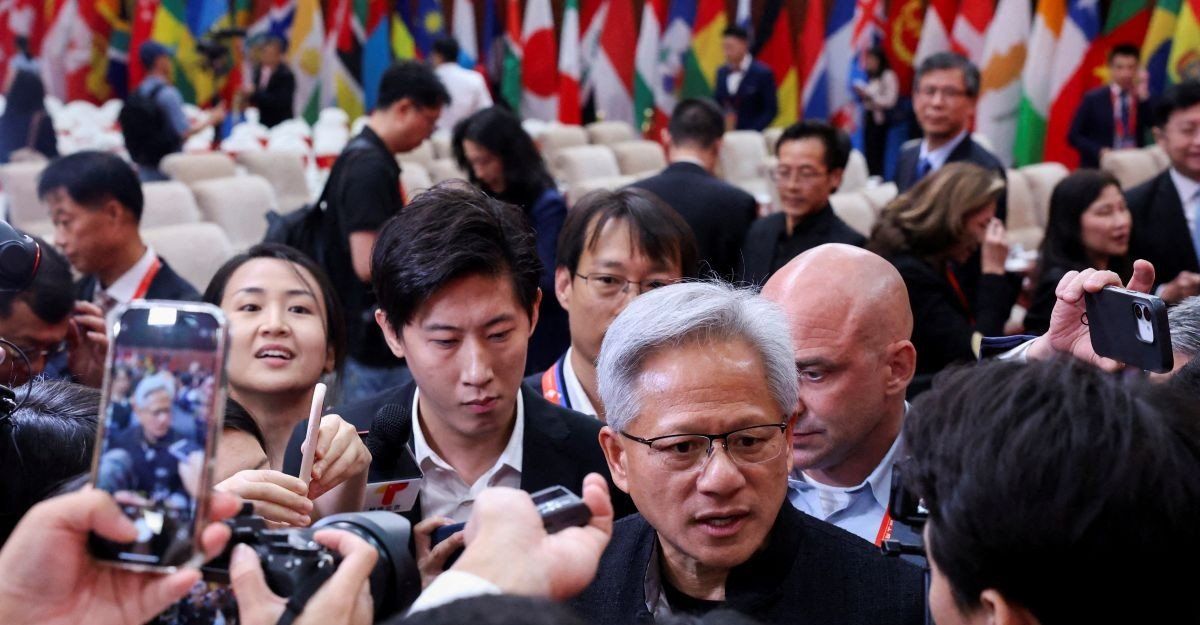China targets Nvidia over security fears
Beijing has summoned Nvidia execs over allegations that the US company’s H20 AI chips pose a security risk, claiming they can track locations and be remotely disabled. This comes just weeks after Congress approved sales of the highly-coveted chips to China despite lingering concerns about helping Washington’s biggest tech rival. Beijing, for its part, wants Nvidia chips to help grow its AI sector, but also worries that Nvidia could crowd out domestic chipmakers like Huawei.
Trump sends his Middle East Man to address Gaza crisis
Trump’s envoy Steve Witkoff is en route to Israel to address the humanitarian crisis in Gaza. The trip comes amid rising international outcry over Israel’s restrictions on the entry of aid to the besieged strip – Trump himself even disputed Israeli PM Benjamin Netanyahu’s claim that there is “no starvation” there. However, Trump also slammed Canada’s new pledge to recognize Palestine this fall, saying that the move – which follows similar pledges from France and the UK – would wreck US-Canada trade talks.
Hezbollah rejects calls to disarm
The Lebanese militant group flatly rejected recent calls to lay down its weapons, saying that to do so would only serve Israel’s interests. The US is pressuring Lebanon to disarm the Iran-backed group as part of wider peace negotiations with Israel, which has continued to pound the group’s strongholds despite a ceasefire. Hezbollah, heavily weakened after the most recent war with Israel, has privately weighed scaling back their arsenal. Read about what it would take for Hezbollah to disarm here.
What we’re ignoring: Myanmar’s power move
Myanmar’s military has lifted the country’s state of emergency and handed power to a nominally civilian-led interim government ahead of December elections. But Min Aung Hlaing, who led the 2021 coup that entrenched the junta, remains in control as acting president and army chief. The elections, which come as the junta battles several armed insurgencies, are seen as a farce meant to legitimize the army chief's rule. Opposition parties are either barred from running or boycotting the vote.
